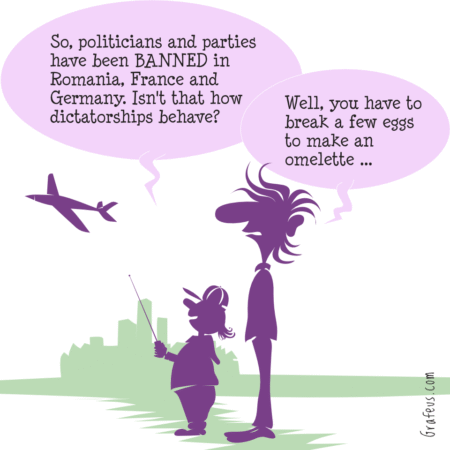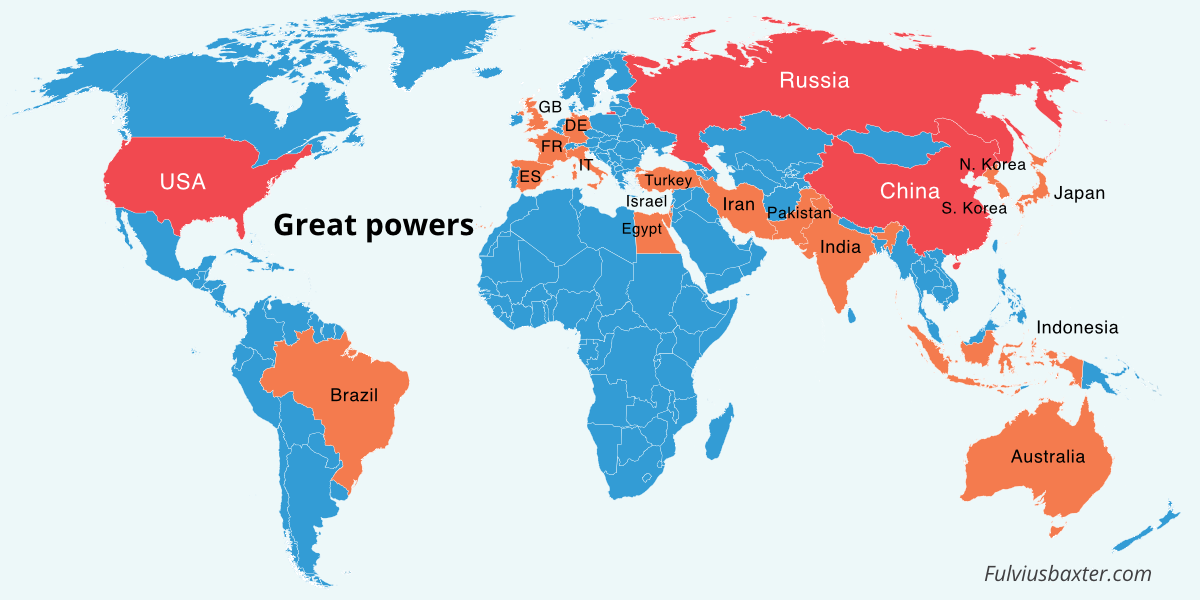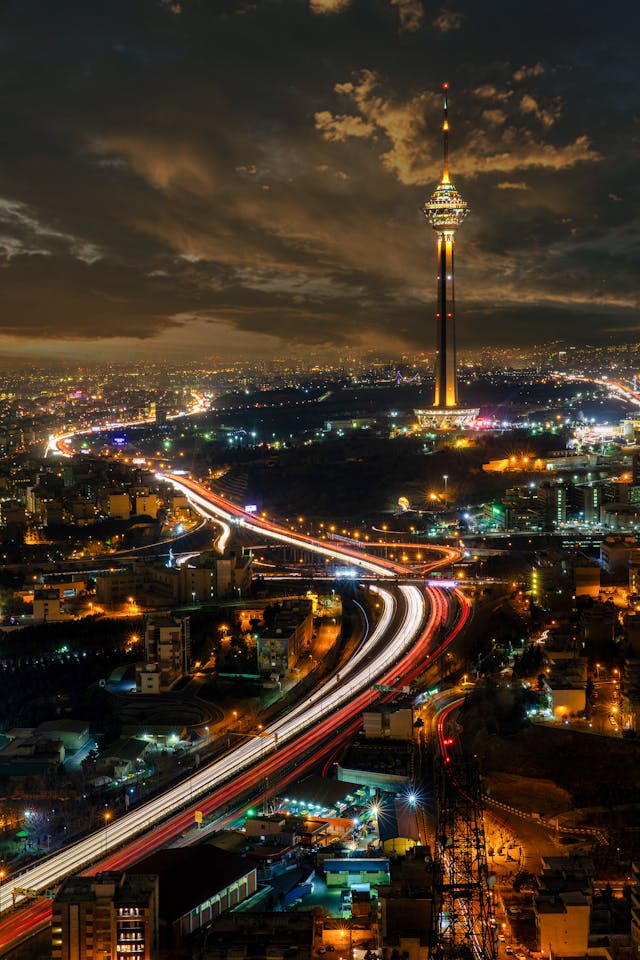 I will continue to discuss the concept of open borders, which was briefly mentioned in a previous article. We note that both leftists and libertarians are in favour of the idea. And the concept is well established in the minds of the ruling classes, as we see a huge number of migrants arriving in Western countries every year. And these nations often twist their own migration and refugee laws, because keeping their borders open seems to be some kind of overarching idea.
I will continue to discuss the concept of open borders, which was briefly mentioned in a previous article. We note that both leftists and libertarians are in favour of the idea. And the concept is well established in the minds of the ruling classes, as we see a huge number of migrants arriving in Western countries every year. And these nations often twist their own migration and refugee laws, because keeping their borders open seems to be some kind of overarching idea.
So how did we get here? In libertarianism, open borders are primarily about trade. Through trade and exchange, peace and prosperity are created. And people can move freely, and create wealth in the world, but they should of course be self-sufficient, because there is no tax money to help migrants. So it’s about open borders with certain premises. The question, however, is what to do with migrants who cannot support themselves, and who are already in the country? Or if large groups of people arrive and buy up land and regions? In principle, they could set up new municipalities or cities, with the consent of the existing landowner.
On the left, open borders and internationalism are above all about solidarity. The developed world should help less developed regions by letting in migrants. This will alleviate poverty and increase overall prosperity over time. We in the West should also help people who are fleeing from war and poor political conditions. The more esoteric left believes that borders are just lines on a piece of paper, that countries and regions are basically meaningless, that the world should be open and free, from a higher philosophical level. Here we begin to approach the realm of religion.
Whether or not the ideas of libertarians or the left are well founded, nowadays they have been transformed into short propaganda pieces with no deeper meaning. They exist as loose parts of a once more coherent stream of ideas, but they no longer really fulfil a logical and argumentative function. These loose ideas can also be used by malevolent forces to achieve political or economic goals.
Open borders may sound nice, but note that on the other side of the border, there may be summary executions and authorised wife beating. What should we do about this? Are we going to let these horrible things come over to our side? That is a potential opportunity with open borders. Because an open border is open in both directions, right? Otherwise it is not an open border. This example shows all too clearly that borders are not just lines on paper.
Both the intellectual left and libertarians created their premises based on the assumption of European supremacy, implying that it was the West that set the rules in a possible borderless society. It was our borders that would be pushed forward, not the borders of others that were moved closer to us. We spread democracy – they do not spread summary executions and the abuse of women. That goes without saying. Subconsciously, the open border was mostly open in one direction.
It is a rather banal starting point. Perhaps it was less banal 50 years ago when the West dominated the globe to a greater extent with the latest technology and interesting manifestations of popular culture? The rest of the world envied us, and wanted to be like us. That is no longer the case. The world has changed. Nowadays, it is the culture of other communities that spreads to us, it is Europe that is enriched by, for example, Muslim holidays and the takeover of public space. But even in popular culture, we see Japanese manga aesthetics and Korean artists, for example, and much of the latest technology comes from the East. While Hollywood continues to struggle in the cultural and entertainment sector, Western manufacturing has given up. Most products are now produced in Southeast Asia.
In light of the West’s withdrawal, the idea of open borders seems almost dangerous. Boundlessness becomes a threat to European culture and identity. Not because other cultures are necessarily bad, but because our ideas and ideologies are being consumed, and paradoxically, this also applies to the idea of open borders. It will not be able to exist in a more pragmatic and stricter cultural context.








